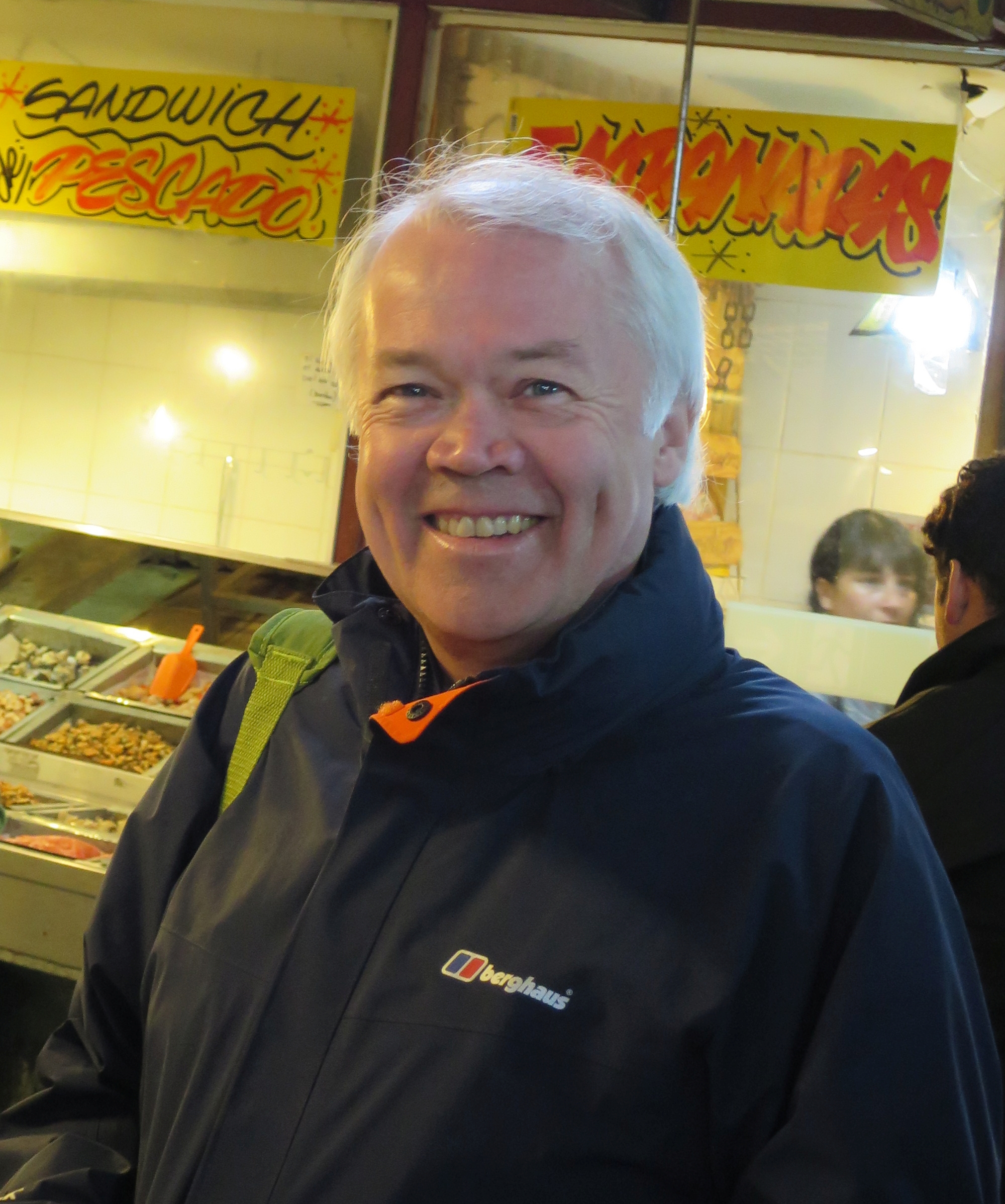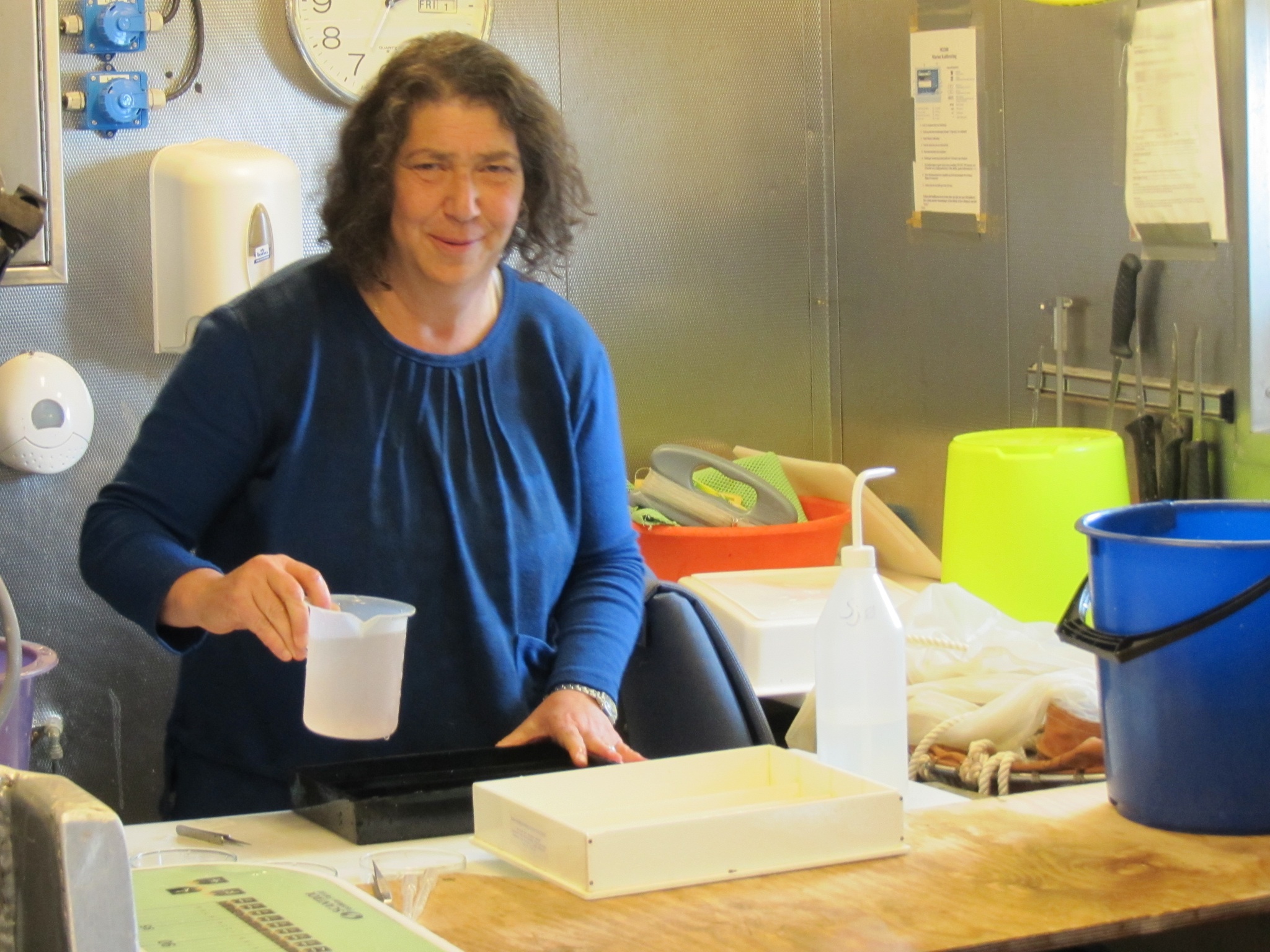 Scientists
can have a hard time describing what they do in their 'day job'. That's because we're often called on for activities that go
beyond our formal employment, and serve the scientific community and society.
Scientists
can have a hard time describing what they do in their 'day job'. That's because we're often called on for activities that go
beyond our formal employment, and serve the scientific community and society.
Sometimes we're invited to
sit on evaluation panels, to examine PhD candidates, to review manuscripts,
proposals, and programmes
Sometimes our own curiosity and interests lead us into
outside activities. Often, when we move from one job to another, we carry along
unfinished research...and slowly work on the data and publication over the
years until it is ready for dissemination
Mainely
Fish Research is the ship that Richard Nash and Audrey Geffen use to carry
their external activities. Some of the projects are joint projects, some are more traditional contracts. Sometimes the remuneration for
our work is an honorarium and other times it comes down to re-imbursement of
travel expenses. With over 50 years
combined experience, as well as valuable physical samples and data, we hope to
make our archives and expertise available to support the health of marine
systems

Richard D. M. Nash: I am an active field scientist with an excellent publication record, and considerable expertise in fisheries ecology. I have combined my experiences from academia, and institutional, national and internationally driven practical science, in to my present expertise. In fisheries science, I have participated for >25 years in ICES in both assessment and science driven working groups. These include being a member of the Herring Assessment Working Group and chair of two related Benchmarks and one InterBenchmark, and chairing a working group investigating recruitment dynamics.
My general research interests include:
- Factors controlling recruitment in fish populations
- Juvenile fish ecology and nursery ground dynamics
- Population dynamics of fish
- Community dynamics of fish
- Ecology of planktonic systems.
My current research is focused on the processes that govern survival of fish in the early part of their lives (starting with the adult stock and egg and sperm production to juveniles i.e. recruitment). My current research is a collaboration with both Norwegian (Institute of Marine Research (IMR) and the University of Bergen (UiB)) and international colleagues from a wide range of institutions in Europe and the USA. My full CV is available here.
Audrey J. Geffen: My research in fish ecology is primarily concerned with the effects of environmental variables on the growth larval and juvenile fish. I worked in the USA on species interactions of larval fish, in the UK and in Norway on topics ranging from larval fish ecology to stock discrimination and reproductive biology. A significant aspect of my work involves theoretical and applied research on the growth and formation of fish otoliths and I have been a pioneer in exploring the suitability of different techniques to analyse the composition of fish otoliths. My interest in fish otoliths as recorders of climate and life history has led to many international collaborative projects, as well as a Wellcome Trust fellowship in ecotoxicology. In addition to research activities, I am active on the steering committees of the International Symposia on Fish Otolith Research and Applications, and the International Symposia on Flatfish Ecology. I have also served on numerous editorial boards, including the ICES Journal of Marine Science, and on evaluation panels for the Portuguese (FCT) and Belgian (FWO) Research Councils. My full CV is available here.